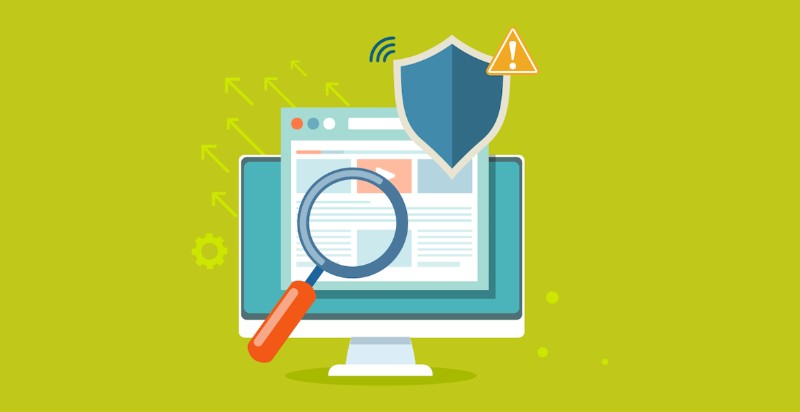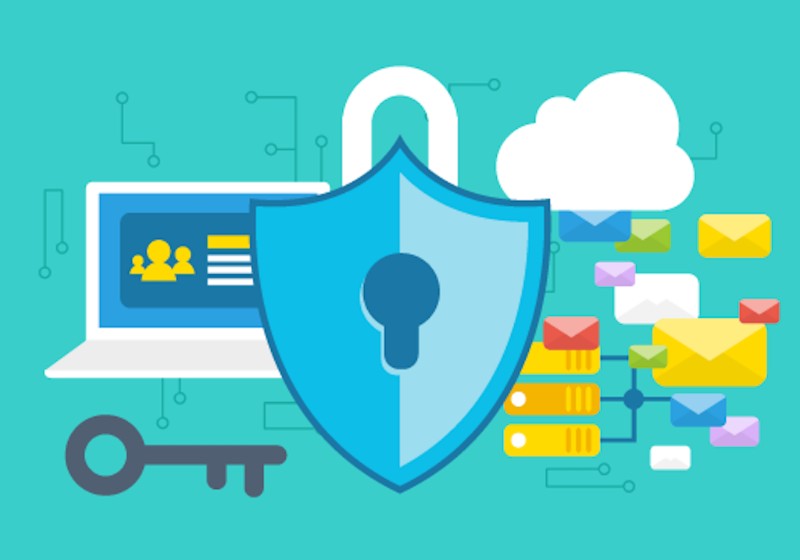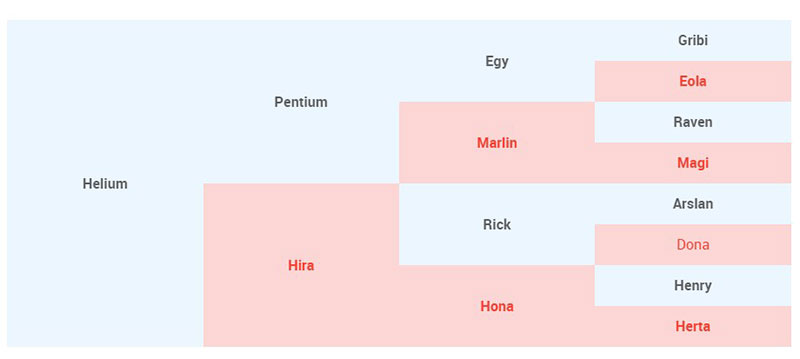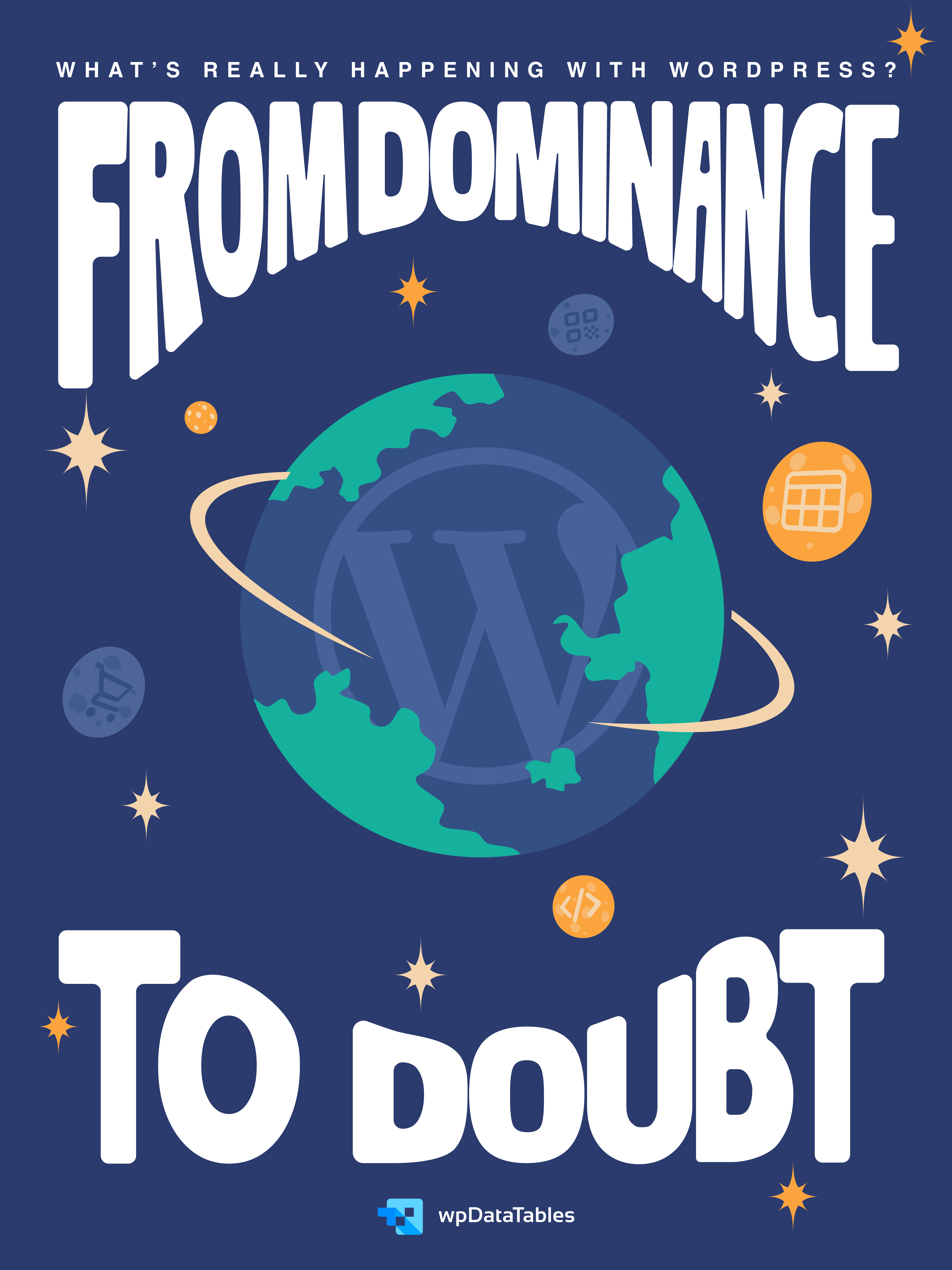WordPress security is on the minds of many site owners. WordPress has an open source script, so naturally, everyone is worried that it’s vulnerable to attacks of all kinds. However, WordPress is not inherently vulnerable, however, and there are many steps you can take to secure WordPress.
At the end of the day, the site owner is often more responsible for hacks than the platform. It turns out that you have a lot of say in how to make your WordPress site secure. Here are some tips and tricks to help you figure out how to secure your website on WordPress.
Table of Contents
Create a Site Lockdown and Ban Users
Creating a lockdown feature for repeated failed login attempts will help prevent would-be hackers from making continuous brute force attempts that eventually succeed. Any hacking attempt that repeatedly uses repetitive long passwords locks the site and you will be notified of unauthorized activity. This will block out a lot of hackers right away.
One of the ways to increase WordPress security against this kind of hacking attempt is the iThemes Security plugin. It has been great for a long time with no sign of slowing down. It offers you the option to specify how many failed login attempts a user has before the plugin bans their IP address and alerts you.
Use 2-Factor Authentication Methods

2-factor authentication (SFA) is one of many WordPress security best practices. It asks the user to provide login details for two spate components. As the site owner, you can decide what these two components are. This can be a regular password followed by a secret code, a secret question, a set of characters, a CAPTCHA, and so forth.
A lot of site owners prefer the 2FA method of securing their site. The Google Authenticator is a good plugin for including 2FA on your site. It is, as with many plugins from Google, reliable and often updated.
Use Email as the Login Username
The default for most sites asks for a username to log in. In order to increase WordPress security, use an email ID instead of a username. It’s more secure approach. Usernames are easy for hackers to predict. Emails are not so easy to predict. Also, WordPress user accounts have to be created using a unique email address, which makes them a more valid identifier.
A good plugin for increasing WordPress security this way is the WP Email Login. It works right after install. Simply activate it and go. No configuration necessary. If you’d like to test it out, just log out of your site and then log back in using the email address that you created the account with.
Rename Your Login URL
It’s very easy to change your login URL. The default WordPress login is easy to access via wp-login.php or wp-admin added to your site’s main URL. When hackers know the direct URL of the login page, they will often try to brute force a way into your site. They’ll then try to log in with their Guess Work Database (GWDb), a database of guessed usernames and passwords that contains millions of character combinations. Hackers find it easy to do this. It’s crude, it’s simple, but it is all too often effective.
If you’ve followed all the steps detailed above, then you’ve already restricted the number of user login attempts and swapped out usernames for email identification. By changing the URL in addition to those two WordPress security measures, you’ll get rid of 99% of direct brute force attacks. This will do a lot keep away the most common kind of WordPress hacker.
All you have you to do in order to restrict unauthorized entity from accessing the login page is use the iThemes Security plugin to do this:
- Change wp-login.php to something unique; e.g. my_new_login
- Change /wp-admin/ to something unique; e.g. my_new_admin
- Change /wp-login.php?action=register to something unique
Use a Good Quality Host
Your host is much like your site’s street on the internet. Like street addresses in real life, the quality of the street can affect what kind of traffic it sees.
A good host will affect how reliable your site is, how it performs, how big it can get, and even how high it ranks on search engines. Really great hosts offer site owners a lot of useful features, including good support and services tailored to the owner’s chosen platform.
Look for hosts that frequently update their service, software, and tools on a regular, almost constant basis. It should also respond to the latest threats and quickly eliminate possible security breaches. A web host should offer targeted security features like SSL/TLS certificates and DDoS protection. You should get access to a Web Application Firewall (WAF) to help monitor and block serious threats to the WordPress site.
A good web host will also likely provide you with a way to backup your site. In some cases, they’ll even do the backup for you. This will allow you to revert to previous stable version if your site ever gets hacked. They should offer reliable 24/7 support so you will always be able to contact an expert to help with website security issues.
Switch Your Site to HTTPS

With an SSL/TLS certificate, you can switch your WordPress site to HyperText Transfer Protocol Secure (HTTPS), which a more secure version of HTTP. This is a great way to increase WordPress security.
HTTP is the protocol that transfers data between a website and a browser attempting to access it. Whenever a visitor clock on your page, all the constant, media, and code are sent through this protocol to the visitor location. This is necessary but it also creates security problems.
With HTTPS, this problem is solved. It does the same thing as HTTP, but it also encrypts the site’s data as it travels from one place to another. It started out as something that was used to protect sensitive customer info, like credit card details, but it’s become more and more common for all kinds of sites.
When you switch to HTTPS, customers will get high confidence to deal with your site. It is recommended to have an SSL from authenticated brands like Comodo, Thawte, GlobalSign, etc. If you are having a single domain site then, we recommend having a Comodo PositiveSSL certificate from Comodo or any other single-domain SSL from discussed brands. It will secure online transactions between the server and the browser.
FAQ on WordPress security
How Do I Protect My WordPress Site from Hackers?
You know, when we talk about keeping the bad guys out, it’s like locking your house at night.
First things first, always keep everything updated—your themes, plugins, and most importantly, WordPress itself. It’s like having the latest security system installed. Don’t go easy on your passwords either; make them complex and unique.
And hey, adding a security plugin? That’s like having a guard dog; Wordfence or Sucuri could be your new best friend.
Can a WordPress Site Be 100% Secure?
Now, here’s the real talk—absolute security, that’s a myth, like a unicorn, you know? Even Fort Knox isn’t 100% secure. But don’t let that scare you. With the right moves, you can make your WordPress site a tough nut to crack.
Regular security audits, staying on top of updates, using SSL, and of course, reliable hosting, you’re building a fortress, bit by bit. You might not hit 100%, but you’ll be pretty darn close.
What’s the Deal with WordPress Security Plugins?
Alright, so imagine these plugins as your personal bodyguards. They’re there, 24/7, keeping an eye out for any shady business. Wordfence, Sucuri, iThemes Security—these are some of the big names in the game.
They scan for malware, they block the baddies, and they keep you in the loop with alerts. It’s like having a security detail for your site, and believe me, it’s worth it.
How Often Should I Back Up My WordPress Site?
Think of backups like your safety net. You don’t want to use it, but man, aren’t you glad it’s there when you need it? Daily is ideal, especially if you’re constantly adding new content.
But hey, if that’s too much, weekly should be your bare minimum. Tools like UpdraftPlus or VaultPress, they’ve got your back, automating the whole shebang so you can sleep easy.
What’s This I Hear About SSL Certificates?
So, SSL certificates, that’s like the secret handshake between your site and your visitors’ browsers. It encrypts the data, keeps it all hush-hush and secure.
These days, it’s not just for e-commerce sites; it’s for everyone. Google’s big on it, even marking sites without SSL as ‘Not Secure’. Let’s Encrypt gives it out for free, so no excuses, alright? Get that certificate, and show the world (and Google) you mean business.
Should I Worry About User Roles and Permissions?
Oh, absolutely! Imagine handing over the keys to your house to just about anyone? Nah, you wouldn’t do that. Same goes for your WordPress site. Be stingy with admin access.
Only give it to people you trust, I mean really trust. Editors, authors, subscribers—use these roles wisely. It’s all about giving just enough access to get the job done, and not a bit more. Safety first, my friend.
How Can I Protect My WordPress Login Page?
Now, the login page, that’s like the front door to your WordPress house. You want a strong lock on that. Two-factor authentication, that’s a solid start. It’s like having a double lock.
Hide your login page, change the default admin username, and limit login attempts. Make it as tough as possible for the bad guys to get in. You’ve got to outsmart them at every turn.
What’s the Best Way to Monitor WordPress Security?
Keeping an eye on things, that’s crucial. You wouldn’t leave your front door open and just hope for the best, right? Security monitoring tools, they’re like your own personal security cameras, ensuring constant vigilance. And when paired with a reliable virtual private network (VPN), your WordPress site’s security is further fortified, safeguarding against potential threats.
They scan for malware, monitor for any suspicious activity, and they’re on duty 24/7. You’ll get alerts the moment something fishy happens.
It’s all about staying one step ahead and nipping any issues in the bud.
How Do I Know if My WordPress Site is Hacked?
Alright, so this one’s tricky. Sometimes it’s super obvious—your site’s defaced, or it’s redirecting to some shady places.
But sometimes, it’s more like a silent alarm. Weird links popping up, performance issues, strange user accounts—these are your red flags.
Keep an eye on your Google Search Console too; it’ll give you a heads-up if it smells something fishy. And remember, regular scans with your security plugins, that’s your best bet.
What Are the Common WordPress Security Vulnerabilities?
You’ve got your classics, like SQL injection, where the bad guys mess with your database through dodgy code.
Then there’s cross-site scripting (XSS), letting them run malicious scripts on your visitors’ browsers. And don’t forget brute force attacks—basically banging on your login door until it breaks.
But hey, you’re not powerless here. Strong passwords, regular updates, and a good firewall, and you’re putting up a solid fight. Stay sharp, stay updated, and you’ve got this.
Ending thoughts on WordPress security
These WordPress security tips will help you make sure that all the work you’ve put into your site won’t get lost in a hack. It will encourage people to visits and see what you have to offer.
If you enjoyed reading this article on WordPress security, you should check out this one about WordPress SSL plugin.
We also wrote about a few related subjects like malware scanner plugins and WordPress salts.



